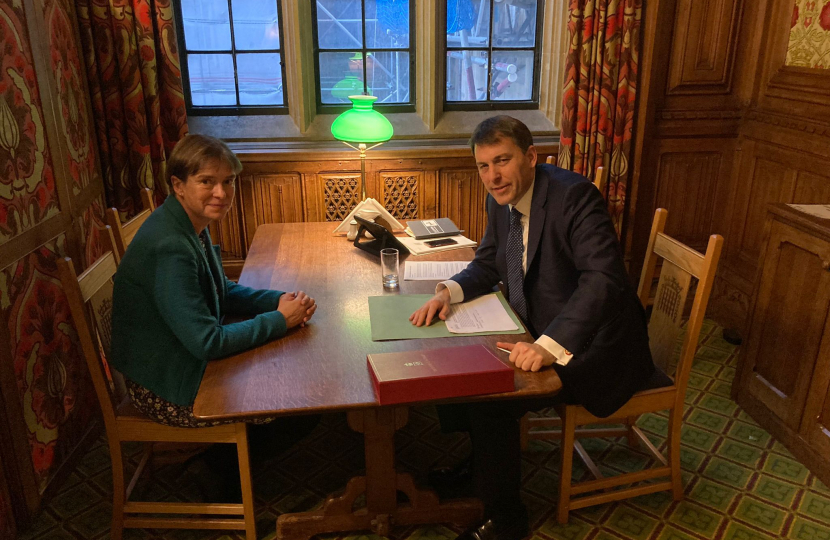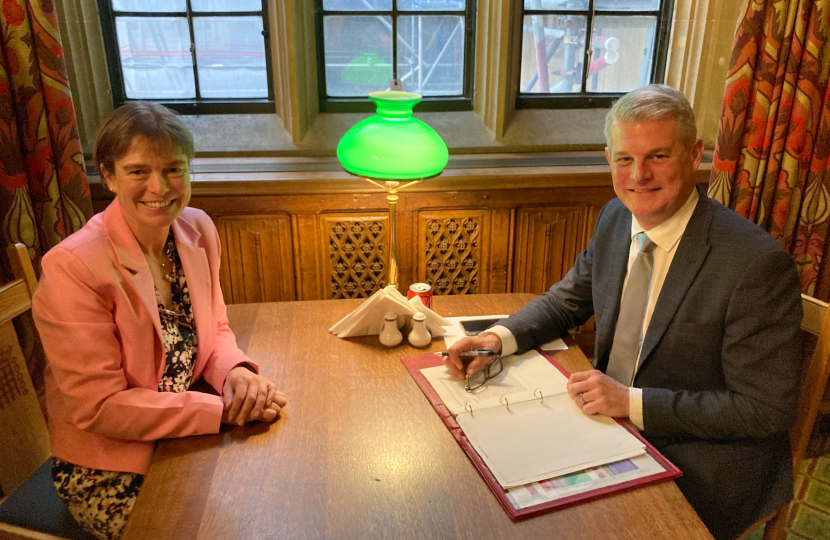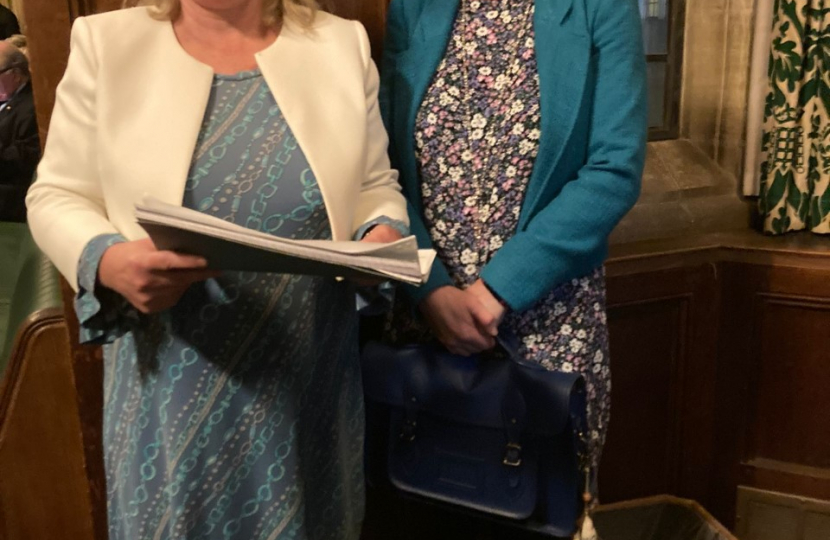Planning and the Levelling Up and Regeneration Bill
Much has been said about my views on planning, mostly inaccurately! I am more than aware that we have a housing crisis in North Devon, which has been exacerbated by the pandemic and a rush for people to live or have a second property by the coast and vacation in the UK. However, there is also other well-intentioned legislation that has caused a negative impact on our housing situation – such as the Landlord’s Tax Relief, introduced in 2017 to reduce the surge in buy to lets – however this creates a tax imbalance between long and short term lets, and came fully into effect in 2020. Changes to stamp duty, again designed to help first time buyers onto the housing ladder, also enable second properties to be purchased more readily. Not to mention the planned changes to Section 21, popular with tenants, have caused many landlords to leave the market – as they also have challenges if they need to evict a tenant for legitimate reasons such as not paying rent, and terrorising neighbours! And finally, the well- meaning changes to improve the energy efficiency of properties has also led to landlords leaving the market.
In the last 2 years we have seen the fastest rate of decline of long-term rentals at the same time as we have seen the second fastest rise in property prices, and the fastest growth in short term holiday lets in the country. Our housing market has simply got out of balance, and we need to find a way to ensure the properties we have are lived in on a permanent basis and not left as the winter ghost towns many of us are currently living in.
Now new ministers are in place, I have raised these matters with the Treasury, the Department for Culture Media and Sport (responsible for tourism) and the Department for Levelling Up and Communities responsible for the new rental reforms coming through in the near future, as well as the Levelling Up and Regeneration Bill (LURB) which has been in the House this month, which includes planning reforms.
Planning is an incredibly complex process, and planners are hard to come by across Devon. The basis of planning in our community is the Local Plan – ours was compiled in 2018 with Torridge. This becomes a legally binding document and should reflect the needs and wants of the local community. And in a large part ours does. However, the current planning system also requires our councils retain a 5 year land supply, meaning we have an ongoing plan to build, driven by top down targets.
Here in North Devon we have in the main built ahead of the planning targets, however we no longer have the 5 year land supply meaning developments are being proposed where communities, including myself, do not want them. And it is against this backdrop that I turned down a position within government to enable me to speak out against the proposed planning changes and ensure that the future planning processes are better suited to North Devon.
I have met with the planning team at North Devon District Council, who have provided much detail about where they see the current system falling down. And with this in mind I was one of the 50+ signatures on the new clause to the LURB which would abolish targets and the five year land supply. This is not to say I do not want more affordable homes built in our community, I want to ensure that what is built is lived in by people that work in our community.
I have also championed amendments on a registration scheme and new class of planning for short term holiday lets. These are the main opportunities within this Bill to implement change. I will continue to lobby the Treasury for taxation changes in next Spring’s budget.
I cannot guarantee that we will secure the amendments, but conversations with ministers are ongoing. There is an acknowledgement that doing nothing to tackle the huge rise in second homes and short term holiday lets in North Devon, and communities like ours around the coast, as well as places like the Lake District needs to be reversed.
I cannot write about planning without mentioning the ongoing situation at Yelland. To clarify this development was included in the 2018 Local Plan. It is the largest brownfield site in North Devon and its inclusion means it will be built on, the only conversation is what. I have tried to see if I can convert from brownfield to green, but a former power station really is a brownfield site. The developers put forward a plan that met the current planning laws. The Council’s expert planners recommended it was accepted. The elected councillors chose not to and sent it to appeal – which has now cost us as council taxpayers, tens of thousands of pounds, and will cost more as at least part of the developer’s costs will also be assigned to North Devon Council – because in planning terms it was an open and shut case.
Many decisions have been taken historically on this site that the local community disagreed with, and it is clear many locally do not want it built on. However, planning law as it stands, means it will be, and the ongoing community protest is just adding costs to all of us at a time none of us can afford them. I will continue to fight to change the law so similar developments are not permitted, and that the community feel their Local Plan is theirs and reflects our community’s needs. However, much like speeding, where we might not agree with the limit - if you get caught breaking it, you will still get a fine and I cannot support breaking planning laws. While I appreciate that people feel the need to carry on campaigning this will not change the law or this planning decision. I wholeheartedly commit to doing what I can do to make our planning laws better, so this does not happen again, but I must also be honest about this particular application.
I wrote to the then Secretary of State in July, enclosing a letter from Instow Parish Council asking for advice and support, the response, only recently received, was as expected: a closed door with regards to any further intervention or appeal. The correct place for the decision by the Planning Inspectorate to have been challenged would have been the courts and North Devon Council’s solicitors assessed that this would have been futile.
I have tried to be honest and at times blunt with campaigners who have been actively hostile towards this development and myself. It sadly appears that honesty is not often respectfully appreciated. We should fight, we should stand up when challenged but also respectfully appreciate that even when the battle is lost, the war can be won. The longer term fight for better planning is the war I am fighting.
Selaine





